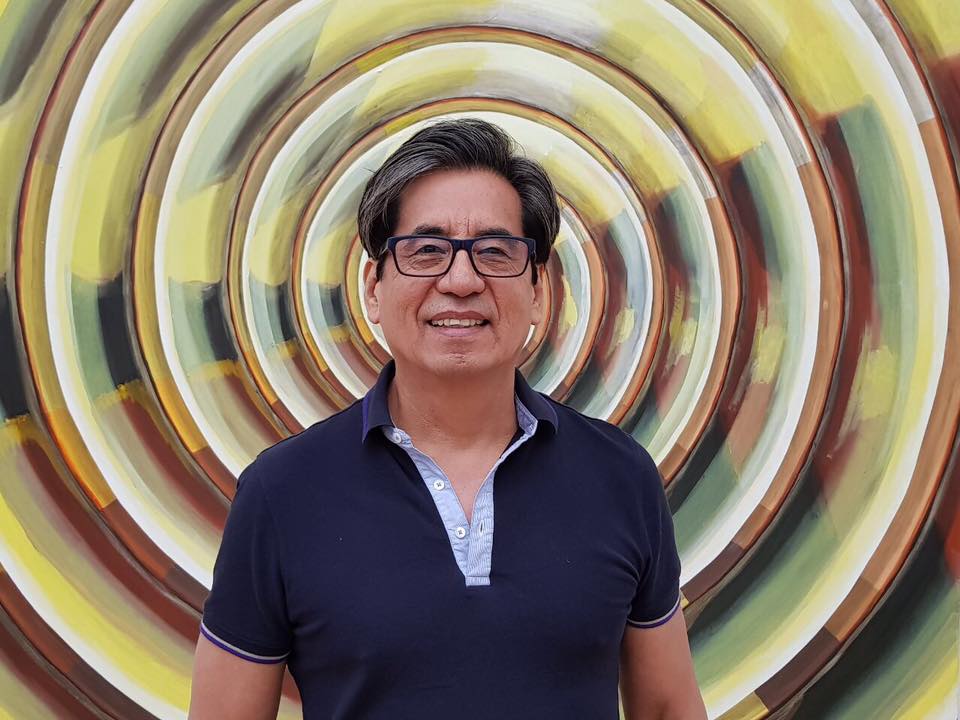
Professor Jesus Lau of Universidad Veracruzana in Mexico has been developing media literacy university programs for 20 years. And he is convinced that the subject has unique characteristics depending on the teaching theme. His media literacy program was successfully tested at CETYS University in Baja California, Mexico, and included in the curriculum at Universidad Veracruzana.
For his work, Jesus Lau received the second-place award of GAPMIL’s Media and Information Literacy Awards.
“With a team of students we analyze media literacy at the core of various subjects (sociology, anthropology, information sciences, and so on). We evaluate information’s demand and influence. This helps to create the right information skills development program,” says Professor Lau, describing his work.
To make the teaching material accessible and illustrative, he uses infographics and videos, which help the students to create media content later. This is useful also for university experts: it will be a ready topic of discussion for new students.
In Universidad Veracruzana’s media literacy program, there are special exercises to train critical thinking.
“The skills are necessary to instantly understand and evaluate the purpose of many messages and authorities, which, in the daily flow of information, put on audio, visual, word, and other disguises,” Jesus Lau explains.
The information disseminated by the media, according to Professor Lau, is a product created by different circles of a given society, with which they try to reflect the interests of their organization, governments, and others.
“Any created information has a purpose or intention, and the individual must be able to uncover it. This in the case when media tools give everyone the opportunity to create and spread information. Traditional media has been transformed, faces have disappeared,” he says.
Professor Lau is convinced that the media today cannot create content products for media-literate people. From media literacy’s academic perspective it’s hard to find at least one piece of quality content: “Every day you encounter magazines’ and newspapers’ fake stories, which are just products with a good appearance that lack truth. These are consumed mainly by young people on their phones. So let’s help them, create a media-literate society, and take the path set by UNESCO.”
In his opinion, today we must pay special attention to information and communications technologies, which allow people to have an artificial life in virtual worlds.
The new illusion of reality greatly concerns Professor Lau, as there arises a problem of educating people so that they consciously and objectively understand the truth and lies, so that they can make their way in the ocean of information.
“No doubt, the virtual is one of the achievements of human life. On the other hand, we have a problem of understanding when we’re in the virtual and when we’re on the physical planet, space, or time. The transition is difficult especially among young people.”
Gayane Asryan


Add new comment
Comments by Media.am readers become public after moderation. We urge our readers not to leave anonymous comments. It’s always nice to know with whom one is speaking.
We do not publish comments that contain profanities, non-normative lexicon, personal attacks or threats. We do not publish comments that spread hate.